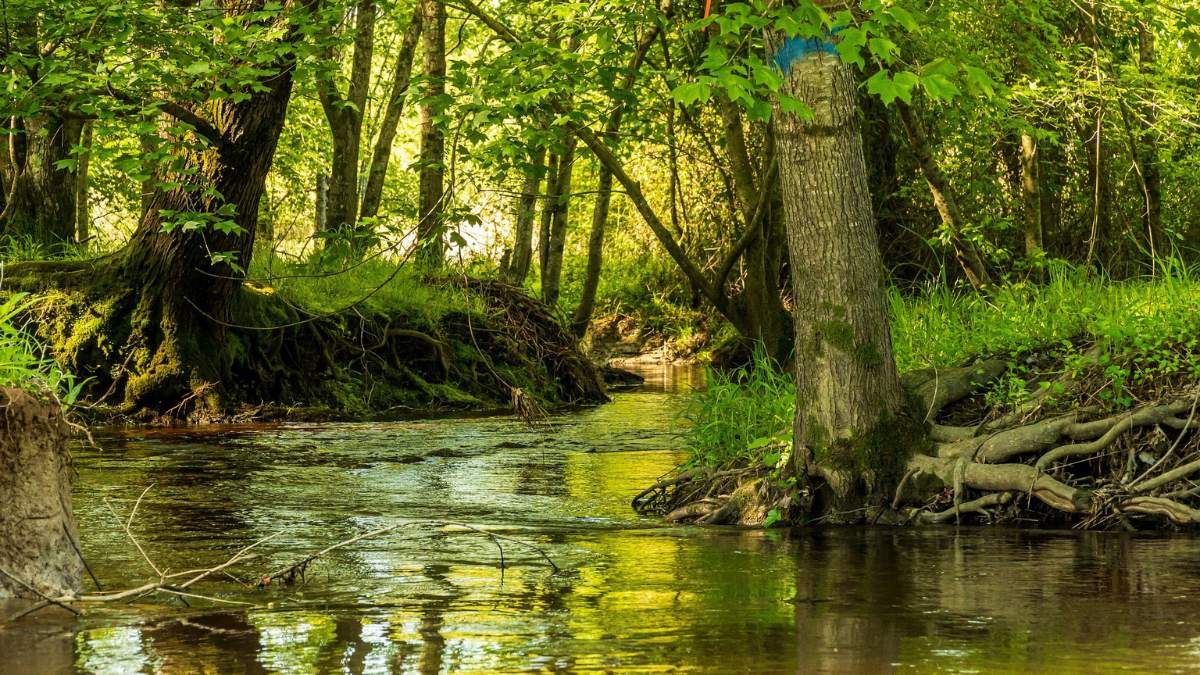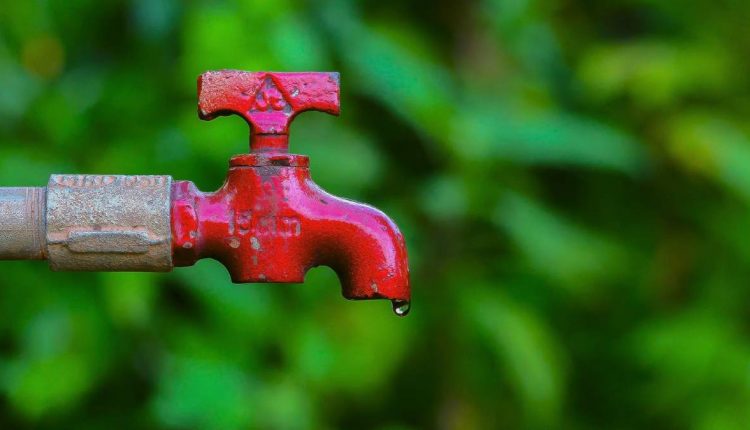Water is a vital resource for all living beings on Earth. It is essential for maintaining healthy ecosystems, as well as for supporting agriculture, industry, and human life. Despite its importance, however, water is often taken for granted and is not always used wisely. As a result, water scarcity is becoming an increasingly pressing issue around the world.
One of the main reasons for the need to conserve water is the fact that fresh water is a limited resource. While the Earth is covered in water, only a small fraction of it is fresh and accessible for use. Furthermore, the availability of fresh water varies greatly from region to region. Some areas, such as desert regions, have very limited water resources, while others, such as coastal regions, have abundant supplies.
Another reason for the need to conserve water is the increasing demand for this resource. As the global population continues to grow, more and more people are competing for a finite supply of fresh water. This is particularly true in urban areas, where the demand for water is high due to the large number of people and the variety of activities that require water.

In addition to the limited availability and increasing demand for water, climate change is also contributing to the need for water conservation. As the planet warms, many regions are experiencing changes in precipitation patterns, leading to droughts in some areas and floods in others. These changes in weather can have a significant impact on the availability of water, making it even more important to use this resource wisely.
There are many ways to conserve water, and it is important for individuals, communities, and governments to work together to implement these measures. Some simple steps that individuals can take to conserve water include fixing leaks, using efficient appliances and fixtures, and reducing the amount of time spent in the shower.
Communities can implement water conservation measures such as improving infrastructure to reduce water losses, promoting water-efficient technologies, and educating residents about the importance of water conservation. Governments can also play a role by implementing regulations and incentives to encourage water conservation.
In conclusion, the need to conserve water is clear. Fresh water is a limited resource, and its availability is being impacted by increasing demand and the effects of climate change. By taking steps to conserve water, we can help to ensure that this vital resource is available for future generations.

